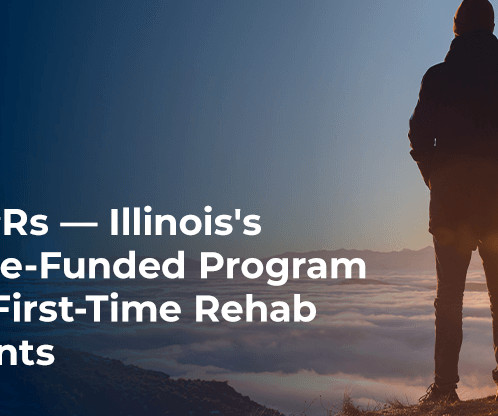NASW Observes Posttraumatic Stress Disorder Month
Social Work Blog
MAY 25, 2022
This event is open to the public and intended for behavioral health/healthcare providers who treat military personnel, veterans, and their families. This publication from the Substance Abuse and Mental Health Administration provides valuable tools to help people during these challenging times. Dynamics of Abuse .














Let's personalize your content